Categorized as a superfood, spirulina is actually a blue-green algae. It is widely known for its high nutrient content. Loaded with 10 non-essential and 8 essential amino acids, iron and vitamin B12, spirulina has been shown to increase vitality and strengthen the immune system.
Not to mention the fact that it helps improve the functions of the digestive system. The nutrients in spirulina are easily broken down and absorbed by the body. People consume spirulina orally in the form of powder, flakes or tablets.
Spirulina powder and flakes are usually consumed mixed with fruit juices and glazes. But like everything else, this superfood also has its own set of drawbacks. Phenylketonuria is a genetically acquired disease in which the patient cannot metabolize the amino acid called phenylalanine due to the lack of an enzyme called phenylalanine hydroxylase.
It is an autosomal recessive condition that requires a defective gene from both the mother and father. The patient exhibits symptoms such as developmental delay, convulsions, hyperactivity and analytical impairment. It is important to know that spirulina is a rich source of phenylalanine. Consuming spirulina aggravates the symptoms of phenylketonuria.
Spirulina enhances the symptoms of autoimmune diseases. Autoimmune disease is characterized by the immune system attacking healthy tissues that are normally present in the body. Reactive arthritis, vitiligo, type 2 diabetes, multiple sclerosis, psoriasis and pernicious anemia are a few examples of autoimmune diseases.
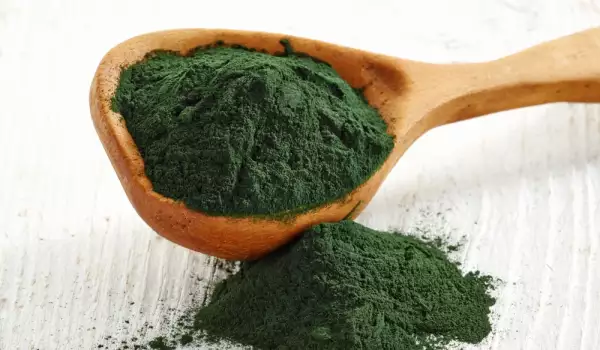
When consumed by a person suffering from any of these autoimmune diseases, spirulina acts as an irritating agent. It enhances the activity of the immune system, which exacerbates the symptoms of the disease.
Spirulina increases activity levels of the immune system. This poses a threat of drug interaction, especially with immunosuppressants. Spirulina and immunosuppressive drugs work contradictory. A person on immune-suppressing medication should not consume spirulina, or it will reduce the effect of the medication, leading to serious complications. Spirulina varieties that are grown in unrestricted environments are often contaminated with significant traces of heavy metals such as mercury, cadmium, arsenic and lead.
Prolonged consumption of spirulina that comes from such incapacitating sources results in damage to visceral organs such as the kidneys and liver. Compared to adults, children are at higher risk of developing fatal complications due to heavy metal poisoning from contaminated spirulina.
People with impaired kidney function are unable to expel all unnecessary components from their circulation. The accumulation of excessive nutrients in the blood causes the limbs to swell. This swelling of the limbs is known as edema. Consumption of spirulina can lead to the synthesis of excess digestive gas, causing abdominal cramps and flatulence.
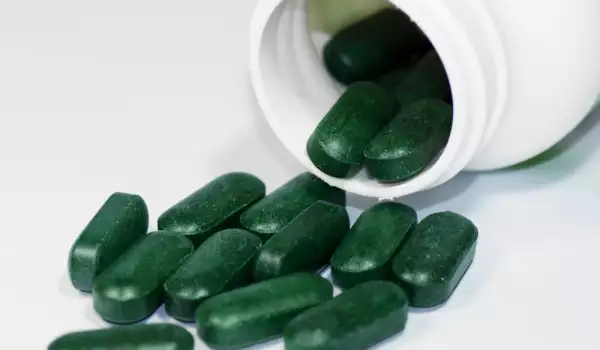
Those who try spirulina for the first time often experience nausea and vomiting. It is possible for spirulina to be contaminated with toxin-producing bacteria. Toxins, when released into the human body, can cause shock known as septic shock. Patients suffering from rheumatoid arthritis, hypertension and multiple myeloma are highly susceptible to this condition.
Spirulina collected from wild sources such as lakes and the sea is often toxic. These varieties produce toxins in the body when consumed, eventually paving the way for motor neurone disease. Symptoms include muscle spasms, slurred speech, and rapid weight loss due to muscle degeneration. As MND progresses over time, it gradually leads to disability.
The adverse effects of spirulina on pregnancy are still under investigation. However, since children and infants are very sensitive to the contaminants present in spirulina, it would be wise for pregnant women not to consume spirulina at all.
The key to healthy spirulina intake is not to exceed the recommended dosage. The human body is a group of complex and delicate systems, which can be put into disarray with minimal interference from harmful substances. Be sure to buy spirulina, which is free of contaminants to avoid complications.
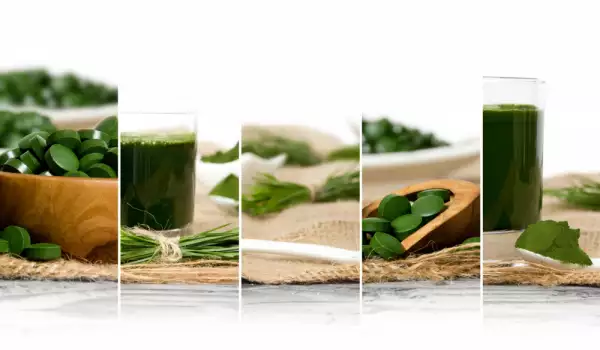
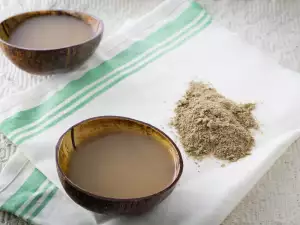



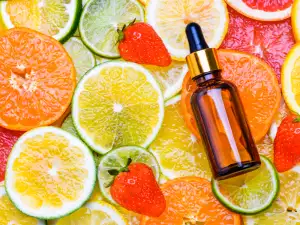

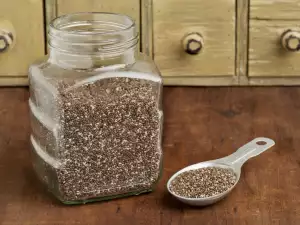







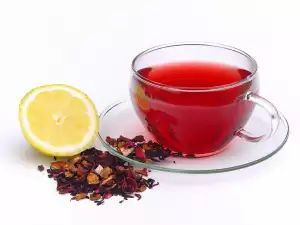




Comments